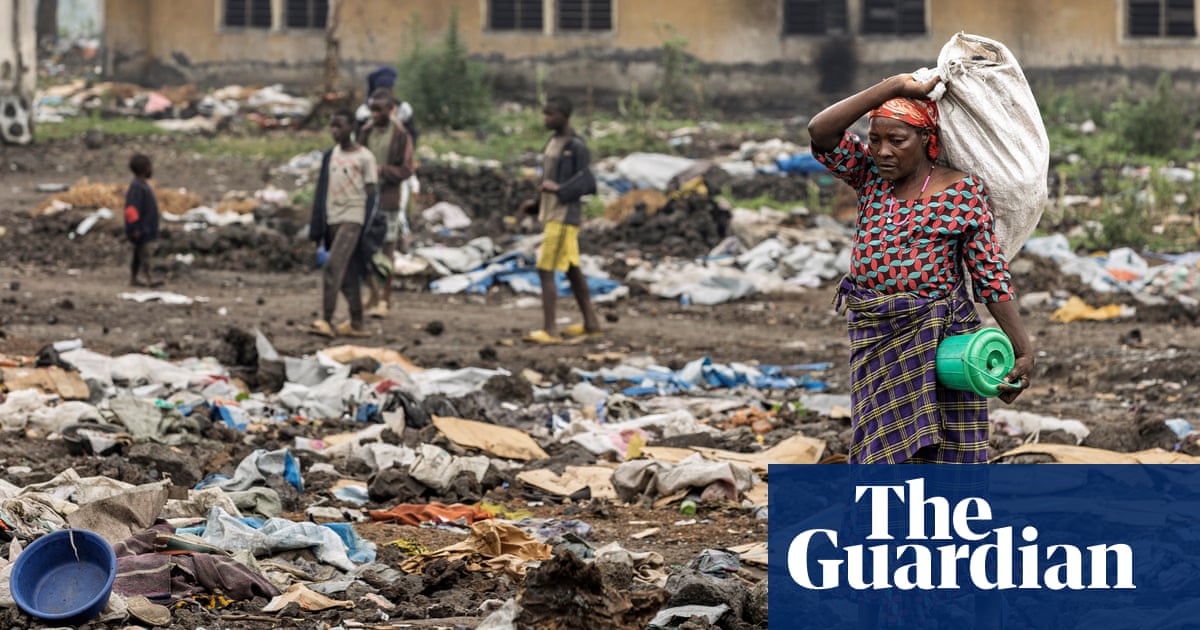
China has called for the suspension of a Japanese plan to begin releasing radioactive water from the tsunami-wrecked Fukushima nuclear plant into the sea, ahead of a UN report that is expected to give its approval to the scheme.
Beijing denounced the plan as “extremely irresponsible” when it was announced in 2021 and reiterated its opposition on Tuesday, as International Atomic Energy Agency (IAEA) chief, Rafael Grossi, begins a four-day visit in which he is set to deliver the results of the body’s safety review.
Through its embassy in Japan, China said the IAEA’s report cannot be a “pass” for the water release and called for it to be suspended.
Last week a spokesperson for the country’s foreign ministry said Beijing urged Japan to “take seriously both international and domestic concerns, stop forcibly proceeding with its ocean discharge plan” and “subject itself to rigorous international oversight”.
Japan’s foreign ministry has said that it has made multiple and repeated attempts to explain the science behind Tokyo’s stance to Beijing officials, but that its offers had been ignored.
Local Japanese fishing communities have also objected to the plan, saying it will destroy more than a decade of work rebuilding their industry, with consumers likely to shun their catch and send prices plummeting.
Japan has not specified a date for the water release, which would take place over 30 to 40 years pending the IAEA’s final review and official approval from the national nuclear regulatory body for Tokyo Electric Power (Tepco). The regulatory body’s final word could come as early as this week.
The plan involves 1.3m tonnes of water used to cool the fuel rods of the Fukushima plant, which was damaged by a massive earthquake and tsunami in 2011.
The government and Tepco claim the environmental and health impacts will be negligible because the treated water will be released gradually after it has been diluted by large amounts of seawater.
The IAEA says nuclear plants around the world use a similar process to dispose of wastewater containing low-level concentrations of tritium and other radionuclides.
With Reuters










 English (US)
English (US)